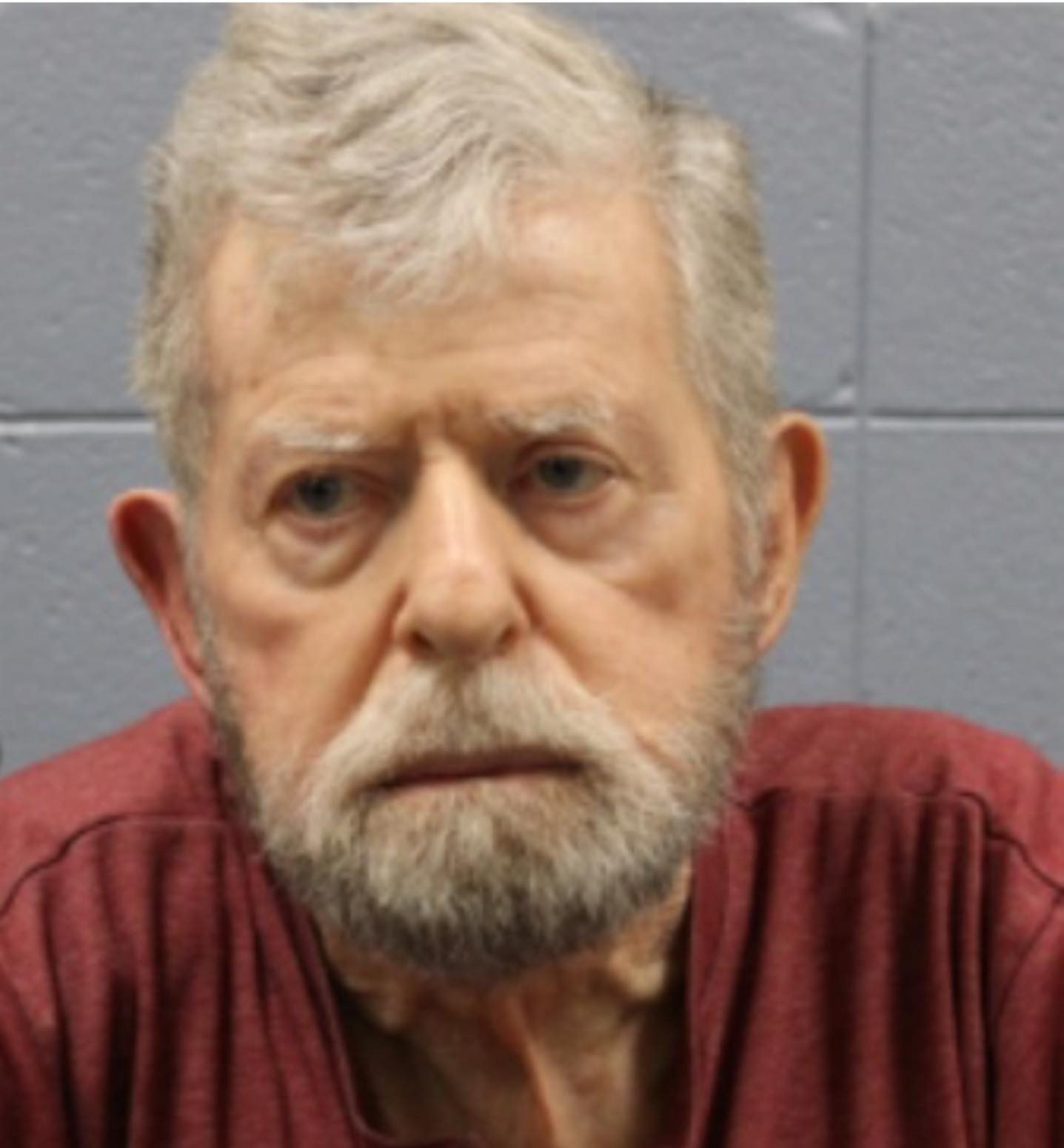NY prosecutor wins big with Spitzer investigation
Published 9:14 am Thursday, May 15, 2008
NEW YORK (AP) — Michael Garcia’s predecessors as U.S. attorney in Manhattan took on all five mob families, the titans of Wall Street, Osama bin Laden and even Martha Stewart. So it was largely unnoticed when Garcia wanted to attack public corruption.
Then his public corruption unit investigated a prostitution ring that took down former New York Gov. Eliot Spitzer.
In an interview last week, the U.S. attorney for the Southern District of New York declined to comment on the investigation. That’s not surprising since his office must decide whether to bring criminal charges against Spitzer, identified in court papers only as Client No. 9.
A woman accused of booking clients for the high-priced call girl ring, Temeka Rachelle Lewis, pleaded guilty Wednesday to promoting prostitution and money laundering. She could face around 16 months in prison, or less, depending on how much she cooperates with prosecutors, when she is sentenced in August, her lawyer said.
Three others accused of being part of the ring still face charges, and their lawyers are negotiating with the U.S. attorney’s office.
The escort service prosecution that ensnared Spitzer is the highest profile in a string of successes this year for one of the nation’s busiest and largest federal prosecutors offices, which has more than 220 assistant U.S. attorneys.
The day after the charges were announced, former Democratic Assemblyman Brian McLaughlin pleaded guilty to a decade of crimes, admitting he took thousands of dollars in kickbacks and forced members of a labor union he led to hang his Christmas lights.
In a span of several weeks, Garcia’s office announced a guilty plea by former Refco Inc. chief executive Phillip R. Bennett, the arrest of an alleged Israeli spy in a 20-year-old case, and a slew of extraditions and convictions of international drug traffickers.
The public corruption unit has fewer than 10 prosecutors and is one of the smaller teams in the office. Garcia said he knew he wanted to beef up the unit even before he was named chief of the office.
He had worked in the office in the 1990s on major terrorism cases, including the trial of four men convicted and sentenced to life in the 1993 World Trade Center bombing.
“It wasn’t something I thought we had focused on or had a lot of resources on,” Garcia said.
Later, he worked for several months as acting commissioner of the U.S. Immigration and Naturalization Service, and from 2003 to 2005, as assistant secretary for Immigration and Customs Enforcement.
Garcia said politics plays no role in his decisions about criminal cases. But his investigations certainly affect politics.
Last year, former New York City police commissioner Bernard B. Kerik was charged with conspiracy, tax evasion and making false statements just as Rudy Giuliani, his friend and political patron, was in the middle of a fiercely competitive Republican presidential primary.
Giuliani, the former mayor who had held Garcia’s job in the 1980s, dropped out of the race in January, his law-and-order reputation tarnished in part by his association with his former police commissioner.
Giuliani had urged President Bush to pick Kerik as his Homeland Security secretary in 2004, a nomination that foundered after revelations that Kerik had not paid all taxes for a nanny-housekeeper who may have been in the country illegally.
The resignation of Spitzer, a Democrat, was a high-water mark for an office that had suffered setbacks when Garcia first took over in August 2005.
Several major cases brought by Garcia’s predecessors had imploded. Floor specialists at the New York Stock Exchange were acquitted, a racketeering case against John A. “Junior” Gotti was abandoned after a third jury deadlocked, and obstruction of justice charges were dropped against technology banker Frank Quattrone.
Garcia blamed the setbacks on what happens when “the stars line up badly in a bunch of cases.”
He is reluctant to gloat after this year’s triumphs.
“After saying things are cyclical here, it’s hard to turn around and say, ‘No, it’s all about leadership,”’ he said.





